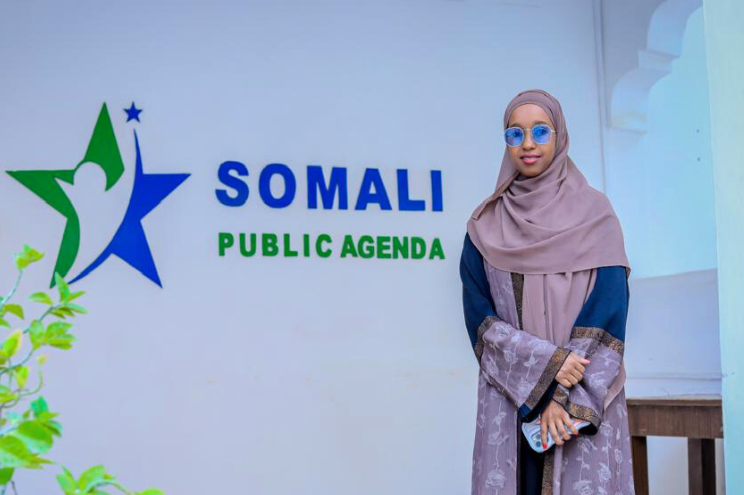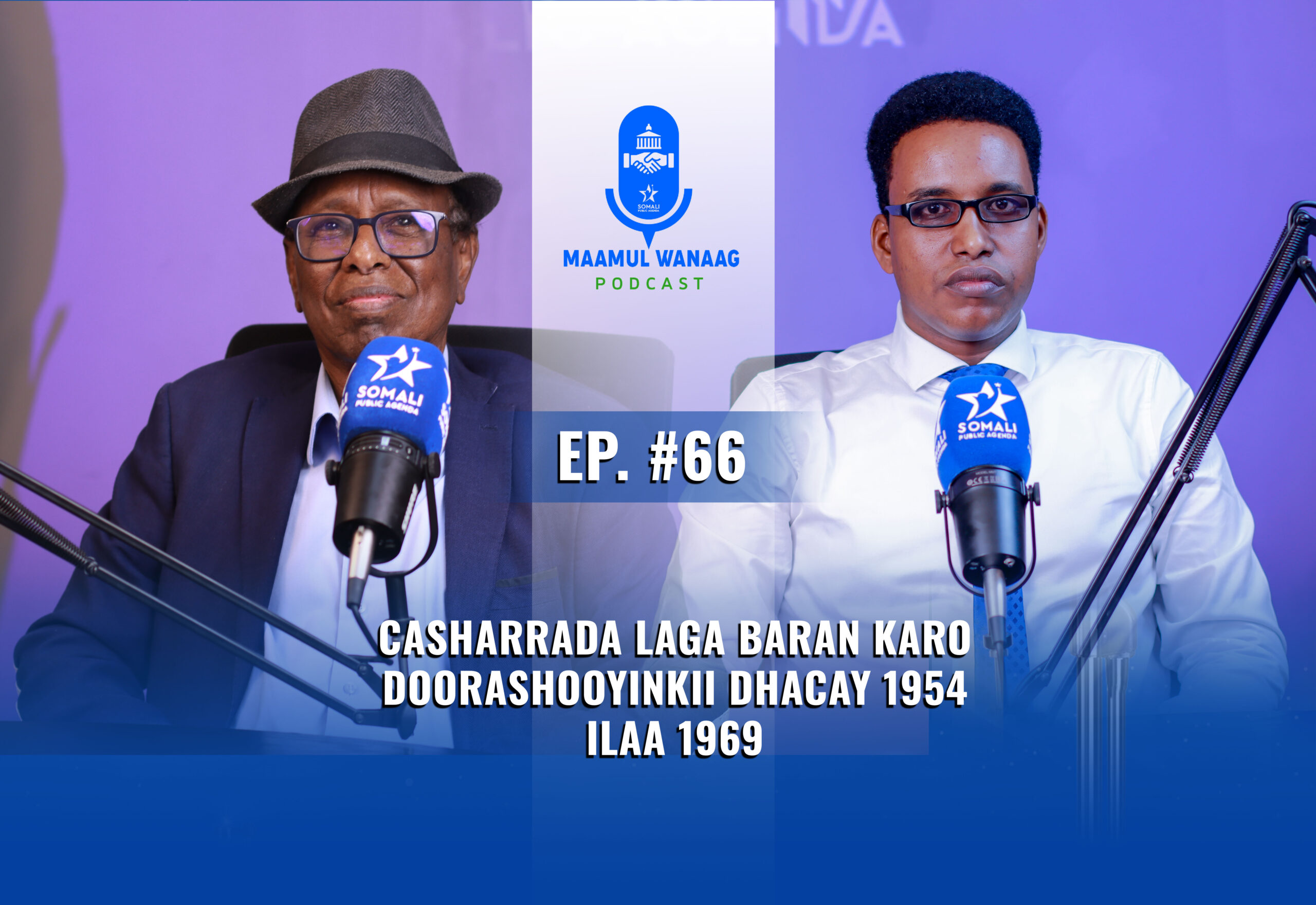
Somali Public Agenda
February 17, 2021
Galmudug Reconciliation: Processes, Challenges, and Opportunities Ahead
The roads to reconciliation and state formation in Galmudug have been difficult. The federal government – through the Ministry of Interior, Fed- eral Affairs, and Reconciliation – took the lead in establishing a new state for Galmudug in early 2019. It started with a 12-member social reconciliation committee that convened the 11 clans in Galmudug and helped them select the state legislators. The reconciliation of the Huurshe-Heraale conflict was a notable success of these efforts. A controversial presidential election which was boycotted by most of the candidates followed reconciliation at community levels. However, the elected president Qoorqoor led the state in a positive direction by initiating a political reconciliation process. Before his inauguration, he reached agreements with opposition politicians who had been candidates for the presidency, and former Galmudug President Haaf. ASWJ leaders left Dhusamareb after the SNA overpowered their forces. A state cabinet seen by many as being inclusive was appointed, and within a few months Galmudug saw itself playing an important role in national politics by convening conferences between FGS and FMS leaders on the subject of federal elections.
Notwithstanding these promising reconciliation efforts, the state is still fragile and the challenges it faces are numerous. Addressing the root causes of clan conflicts, managing the election of the federal MPs whose constituency is Galmudug, and security sector re- form, among many others, will define Galmudug’s future.


